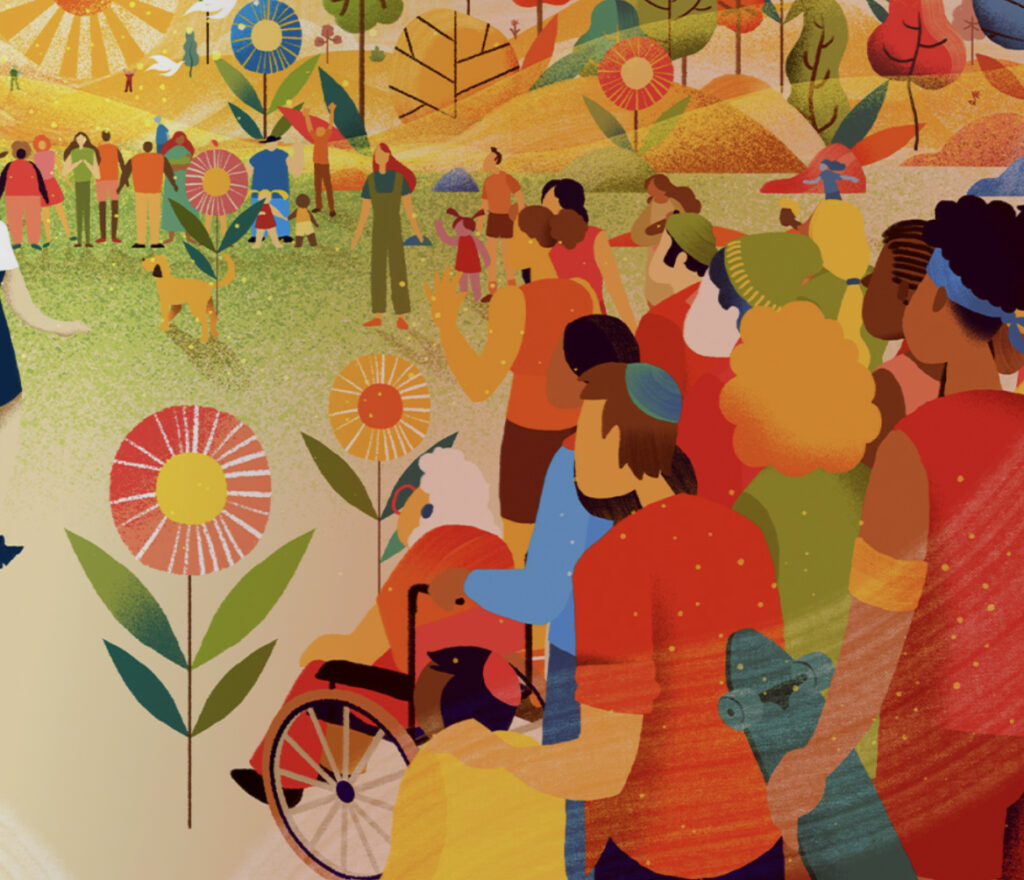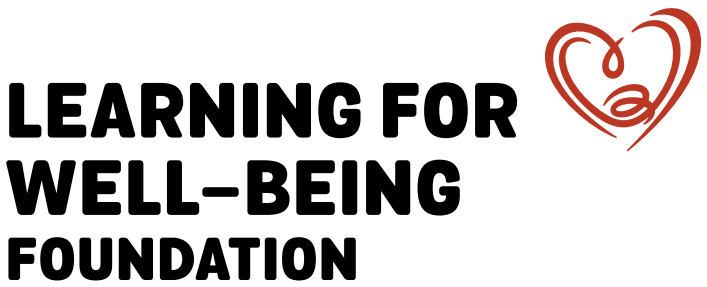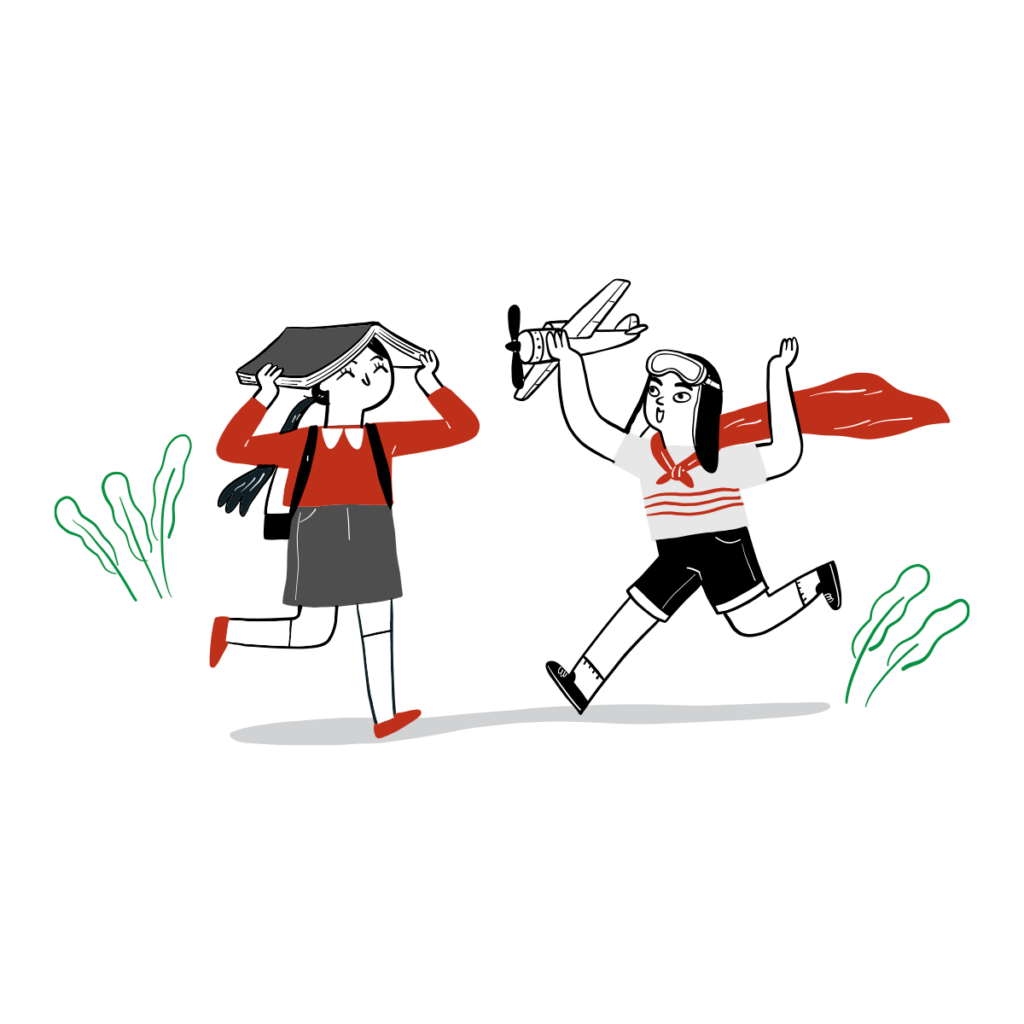Partnering for Catalysing Change
We carry most of our activities through mutually reinforcing partnerships aimed at catalysing change at local, national or international levels. Partnership happens between organisations and individuals coming from different sectors and disciplines, but also between different generations.
We aim to reach a critical mass of partners that can help create a new narrative for children’s well-being and participation and provide the evidence needed in order to create social change. We do this by creating spaces that allow for everyone involved to cultivate their core capacities in a more refined way so as to understand themselves more deeply, relate to each other with kindness and partner for change.
Examples of partnering development activities include:
- Creating local and international alliances (e.g. national ACT2gether partnerships, the Learning for Well-being Community)
- Participating in thematic networks (e.g. Child Rights Connect, Alliance for Quality of Childhood in Europe, Eurochild, etc.)
- Convening project specific partnerships (e.g. Core Capacities for Living and Learning, with UNICEF Office of Research and the Fetzer Institute)

Act2gether
In fields like community development, citizenship and democracy, education, health or even peacebuilding, there is evidence that child participation can create greater impact and well-being for everyone involved, and that mutually supportive relationships between children and adults are a critical condition for children to realise their participation rights.
ACT2gether applies the Learning for Well-being approach, contextualising it to specific themes with adult & children’s participation, helping them partner to create social change through a more refined use of core capacities.
School Communities Development
Israel & Netherlands
Ongoing training and coaching educational communities to bring pupils, professionals and parents together to improve well-being.
The programme combines:
- A guided “School Charter” process that enables systemic decision-making where all voices are heard and involved;
- a survey tool that measures the experience for all school actors and provides reliable information about the experience of well-being, showing which areas are in need of development.
- Interventions to strengthen capacities that can address the identified issues.
PARTNERS:
Education for Life (IL), Tmurot (IL), VanMontfoort (NL)


Learning for wellbeing Community
The standard chunk of Lorem Ipsum used since the 1500s is reproduced below for those interested. Sections 1.10.32 and 1.10.33 from “de Finibus Bonorum et Malorum” by Cicero are also reproduced in their exact original form, accompanied by English versions from the 1914 translation by H. Rackham.


